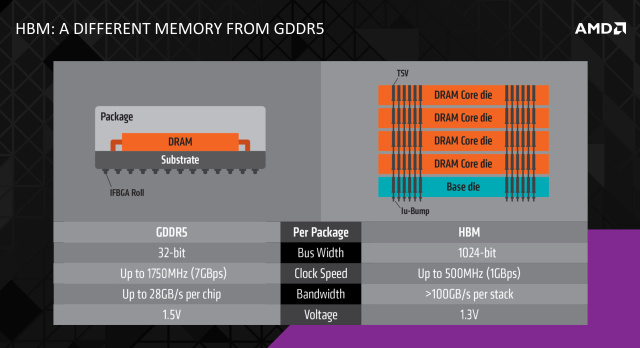Intel says chips to become slower but more energy efficient
Posted: Mon Mar 07, 2016 5:57 pm
The Stack
Well, the law had to be broken some time. I really think that the lack of good parallel computing software (IDE's, compilers, etc.) will continue to hinder us for awhile. It's an egg that no one has really been able to crack.Intel has said that new technologies in chip manufacturing will favour better energy consumption over faster execution times – effectively calling an end to ‘Moore’s Law’, which successfully predicted the doubling of density in integrated circuits, and therefore speed, every two years.
It’s a prediction worth remembering, since Gordon E. Moore himself was the co-founder of Intel and Fairchild Semiconductor when he made the prediction that led to ‘Moore’s Law’ in a paper [PDF] back in 1965.
The prognosis comes from William Holt, Intel’s Executive Vice President and General Manager of its Technology and Manufacturing Group, speaking at the International Solid State Circuits Conference in San Francisco, and discussing the new technologies – such as tunnelling transistors (or ‘Quantum tunnelling’) and spintronics – which will define the next stages of evolution in computing.
“We’re going to see major transitions,” said Holt. “The new technology will be fundamentally different.” and continued “The best pure technology improvements we can make will bring improvements in power consumption but will reduce speed.”
Holt elaborated that while Intel recognises the need to consider re-tooling its plants and committing to new technologies in chip production, it hasn’t made a decision about direction yet. Quantum tunnelling, though brought to advanced proof-of-concept by DARPA and the Semiconductor Research Corporation, is currently further from commercialization than spintronics, which uses quantum mechanical properties of particles as switch facilitators, and which is expected to begin to appear in commercial technology such as graphic chips within 18 months.


